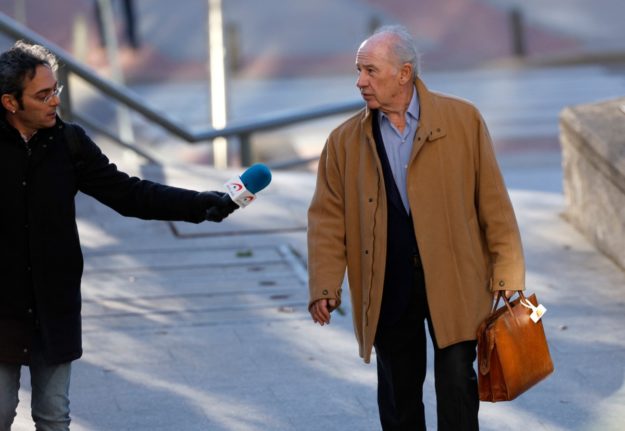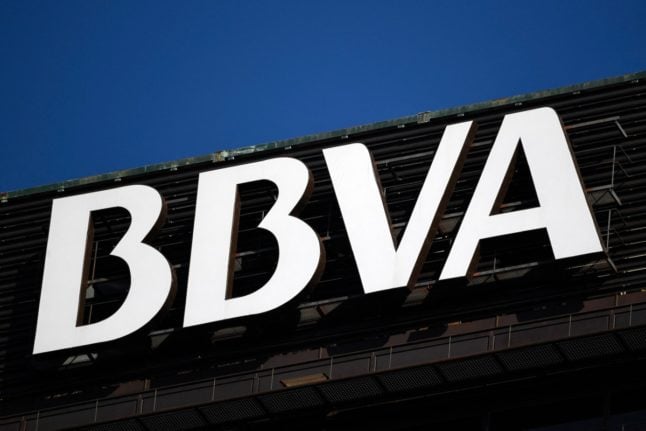During the hearing, the 74-year-old ex-banker confirmed understanding the charges against him as he sat on the bench alongside another 16 defendants, among them relatives and close allies accused of helping him set up a fraudulent scheme.
Prosecutors allege that in the decade between 2005 and 2015, Rato defrauded the Spanish tax office and lined his own pockets to the tune of €8.5 million ($9.3 million).
They have called for a 70-year prison term in a trial which is expected to last five months.
Spanish prosecutors say that he masked his fortune by using companies based in Ireland, Panama and the United Kingdom to carry out “ongoing investment activities through a host of bank accounts in the Bahamas, Luxembourg, the UK, Switzerland and Monaco among others in a scheme concealed from the Spanish tax office,” court documents showed.
A former heavyweight in the right-wing Popular Party (PP), Rato spent eight years variously serving as economy minister and a deputy prime minister in the conservative government of Jose Maria Aznar before going on to lead the IMF in 2004.
He later headed Spanish lender Bankia.
Rato was jailed in 2018 for four-and-a-half years for misusing company credit cards for personal expenses while working at Bankia between 2010 and 2012.
READ ALSO: Is Spain as corrupt as it was a decade ago?
He was moved to a semi-open prison regime in late 2020.
That decision came just after he was acquitted in another case of fraud and falsifying the books during the 2011 flotation of Bankia.
The Bankia scandal came to light at the height of a severe economic crisis that left many people struggling financially.
It sparked outrage in Spain, which worsened when the government then spent €22 billion on a bailout for the failing lender that quickly won
notoriety as a symbol of financial excess.



 Please whitelist us to continue reading.
Please whitelist us to continue reading.
Member comments